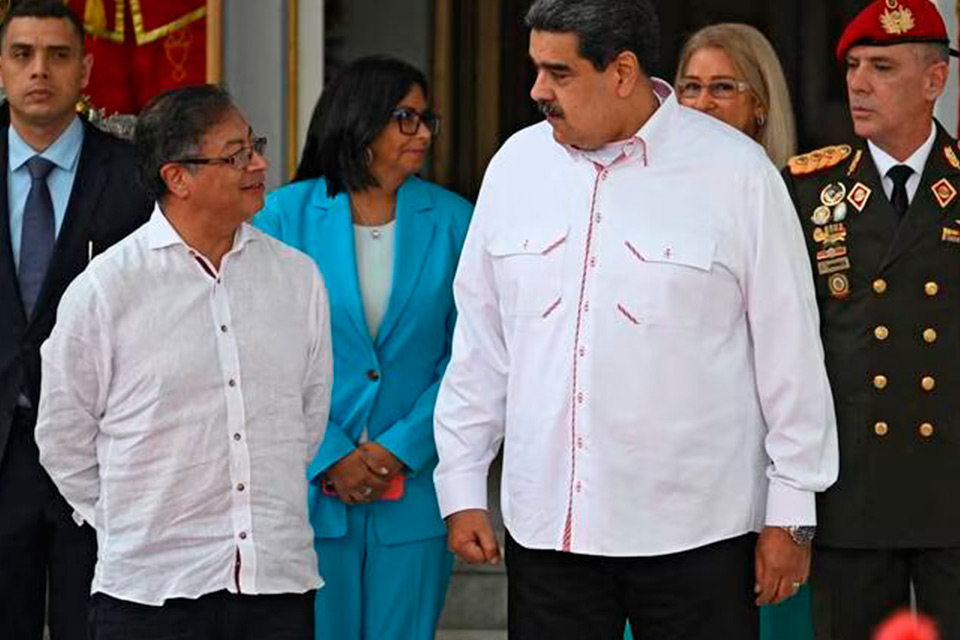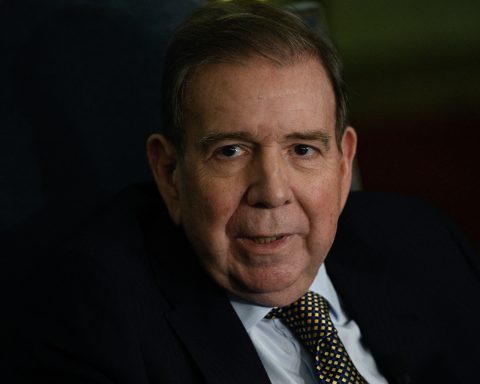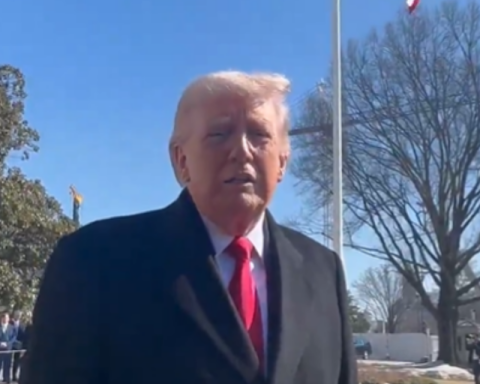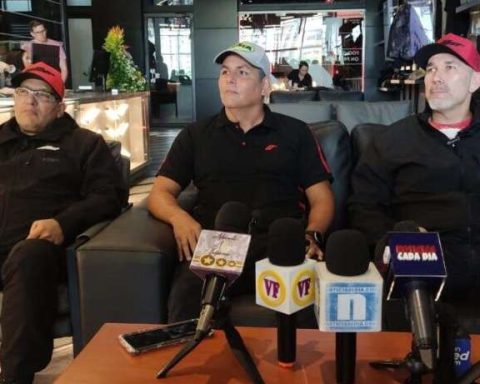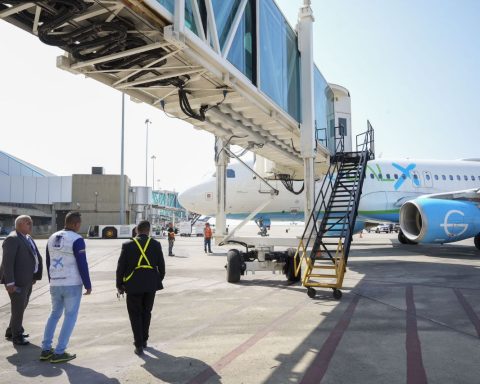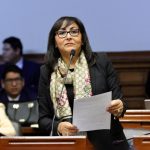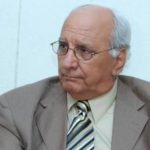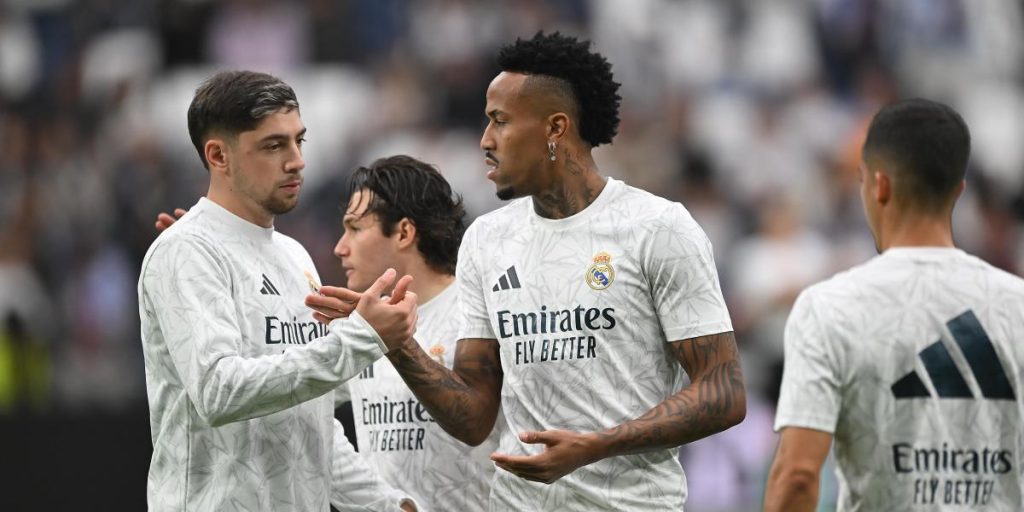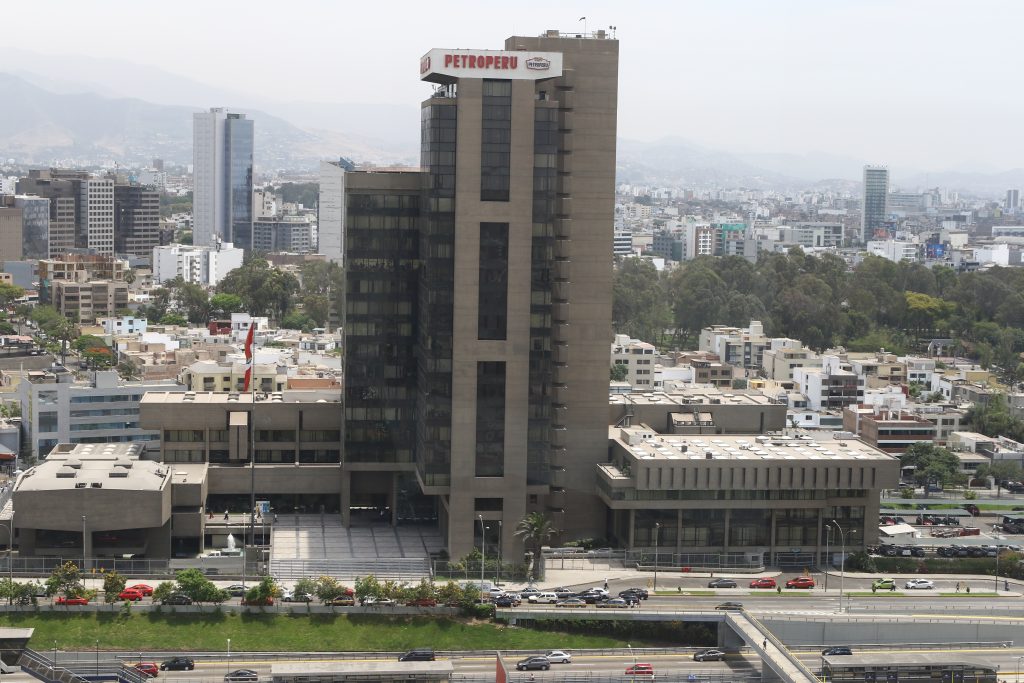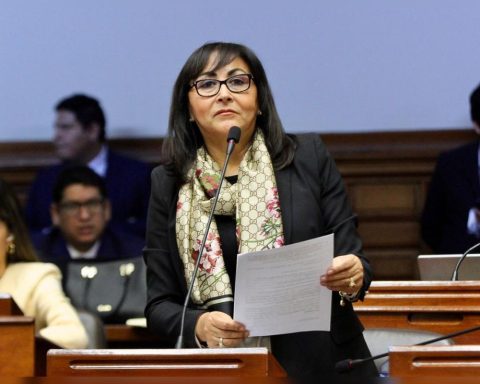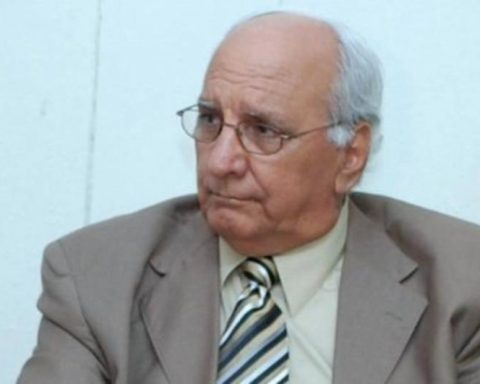Gustavo Petro, president of Colombia, unveiled a plan by the government of Nicolás Maduro to privatize Monómeros, a subsidiary company of Pequiven in Colombia. In a public letter, he expressed to the Venezuelan leader that this decision made by the Minister of National Production, Alex Saab, could condemn millions of people in the region to poverty and hunger.
The president of Colombia, Gustavo Petro, sent a letter to Venezuelan President Nicolás Maduro in which he opposes the sale and privatization of the petrochemical company Monómeros, located in Barranquilla and a subsidiary of the state-owned Petrochemicals of Venezuela (Pequiven).
«In a respectful and attentive manner, I want to express my opposition by the decision of the Minister of Industry and National Production of Venezuela, Alex Nain Saab Morán, to sell and privatize the Monómeros company,” said the Colombian leader in the document dated Friday, November 8.
He stated that this public company in that country “has benefited Colombian and Venezuelan farmers through the production and sale, at a fair price, of agricultural inputs.”
In this way, Petro reveals the Maduro government’s intention to get rid of one of Venezuela’s few important assets abroad. Colombian media had reported the measure a few months ago, but it had not been made official until now.
«El Colombiano learned that the negotiations were already sufficiently advanced and There was a first purchase and sale agreement for more than 300 million dollars. The interested company is a multinational that competes in agriculture and fertilizers. There were several high-level meetings and Petro was not unaware of the intention to sell and buy. In fact, he was well aware. The statement was published just a few days before the operation was finalized in what would be one of the deals of the year in the region. “No one knows why Petro changed his mind, but it is difficult for Venezuela to listen to the president’s line,” The media El Colombiano published this Saturday the 9th.
Monomers represents around 40% of the fertilizer market in Colombia and has plants in Barranquilla and Cartagena with more than 400 employees. When President Petro’s government came to power, Monómeros returned to full control of Pequiven, after having been administered by the interim government of Juan Guaidó.
Petro stressed in the letter shared on the social network Likewise, it ensures them sufficient income to have a decent life. He also insisted that the privatization and sale of the company “will imply an increase in the cost of primary agricultural products in our countries” and would make them dependent on foreign products with prices set according to the international market.
“There is no doubt that this decision could condemn millions of people who represent the basis of food sovereignty in our region to poverty and hunger,” said the Colombian president.
Finally, he invites the Venezuelan president to “reconsider the privatization of the company that has provided and can continue to support millions of families in our countries.”
*Read also: ‘Iván Mordisco’ reappeared after the attack in El Plateado and sent a message to Gustavo Petro
In his publication, Petro emphasized that he was “comprehensively” opposed to this privatization plan of the Venezuelan Government and highlighted that during the administration of former Colombian president Iván Duque, an attempt was made to sell this Venezuelan company.
I am completely opposed to a privatization of the Monómeros company located in Barranquilla.
Duque’s Dapre already tried it insanely, now Minister Saab repeats it.
Agriculture in Colombia and Venezuela is a cornerstone to transition from an economic system… pic.twitter.com/K58omY8AWk
— Gustavo Petro (@petrogustavo) November 9, 2024
Saab, the current Minister of Industry and National Production, was accused by the United States of being a front man for Nicolás Maduro, and was accused of money laundering, for which he was imprisoned in North American territory. However, after a series of negotiations with the government of that country, he was released and sent to Venezuela.
«Agriculture in Colombia and Venezuela is a cornerstone to transition from an extractive economic system to a productive system that generates wealth,” Petro insisted in his publication towards his Venezuelan counterpart.
Post Views: 433
